How much do the Selling Sunset houses cost? And other important real estate questions
Is it good for us to aggressively Google what it would cost to live in a luxury mansion in Beverly Hills? Probably not, but we’re going to do it anyway.

For Polish orchestral conductor Marta Gardolinska, sitting on a plane is just part of the job. At least, it was until COVID-19 cancelled concerts around the world. Currently based in Vienna, she speaks about the mental fortitude required to be a musician, and how the music business might evolve in a post-lockdown world.
Wise is a new way of managing your money internationally for a fraction of the price of a bank or PayPal. This is the continuation of our Lives Without Borders series, in which we speak to people whose careers and lifestyles have transcended borders. If you need to send money you can join Wise here.
Being a classical musician is demanding. For one thing, performers are always on the road: a typical orchestra’s schedule might require its musicians to be in Poland one week, London the next, and Vienna the week after. We have to ask ourselves if this is necessary. Now, because of COVID-19 and lockdown, we’re being forced to ask some of these questions.
Events have been postponed and the industry is working out how to cope. For example, people are streaming live music to their audiences via video. These new technologies are great for access to music, but while it’s good that musicians can reach their audience, they aren’t getting paid for that work. The danger is that we're reinforcing a feeling that music can be free. Orchestral musicians have spent decades training and honing their art, to create that unique luxury of a concert hall experience. There’s a risk that we strip away some of the value that makes classical music a special experience.
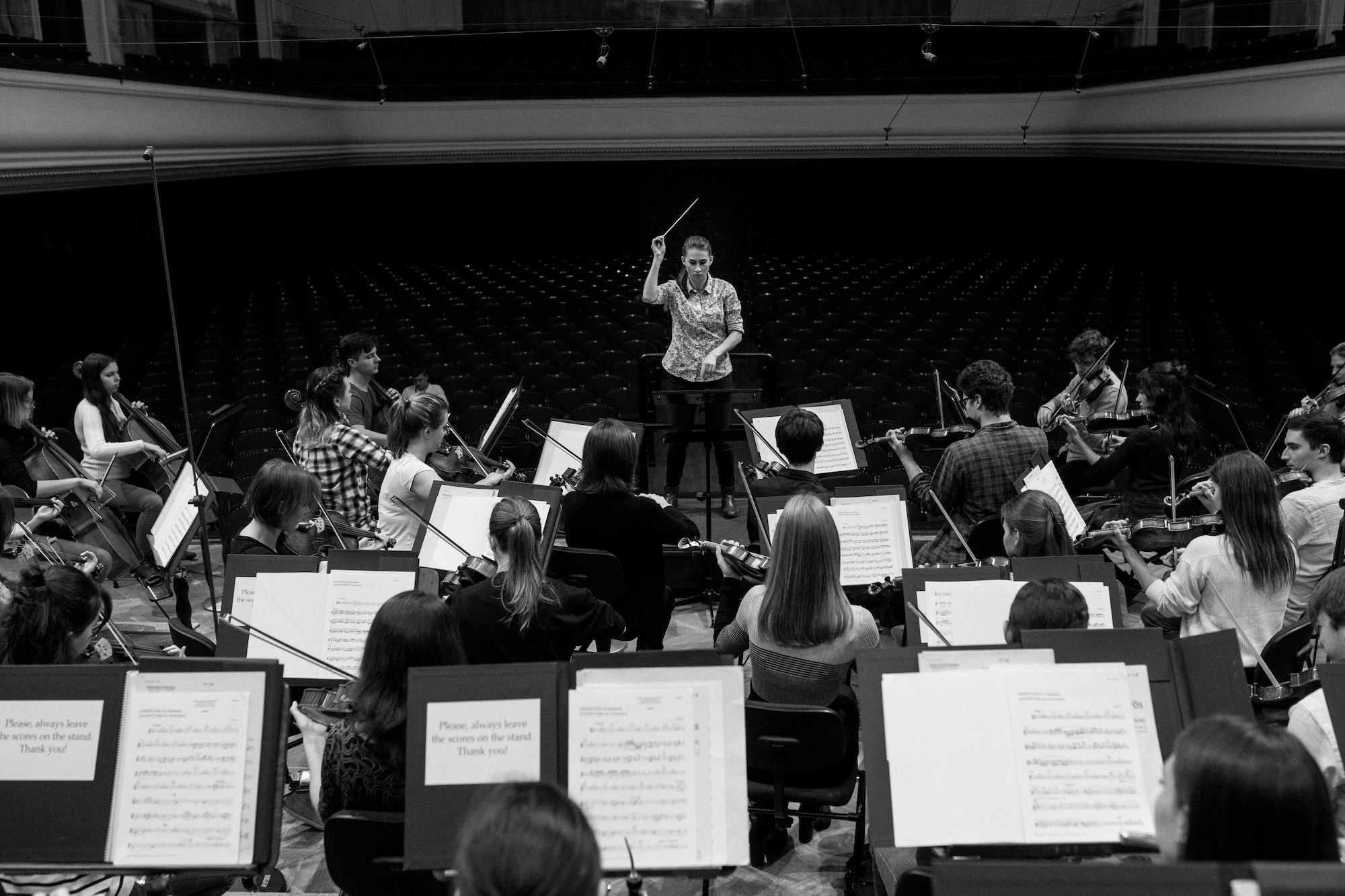
Even before lockdown, the intense pressure on musicians had already led to some changes. For example, some festivals had started inviting orchestras to stay for a residency of a couple of weeks, rather than the flying visits we've all become used to. A longer stay helps musicians connect with the community and create a truly shared experience.
Living and working internationally comes with other challenges. Financially, there were complications: for example, I lived and worked in England for a number of years, and when I first moved there it was very difficult to open a bank account. It was a big problem because I needed a local account to get paid. My husband told me about Wise, which has been great. I set up an account, and it let me get paid in different currencies and convert them as I need. It really saved me.
On top of the business account, I have a personal Wise account, which I use to send money to my family — my parents are still in Poland, my brother now lives in Thailand, and my husband's family is based in Mexico. I also use the card for travel and online shopping. It’s perfect, because you can choose the right currency no matter where you're shopping, and I like that the app notifies me whenever a payment is complete. Being in control of my finances really puts me at ease. I regularly recommend it to other musicians, it's the perfect tool for a life and career based in different countries.
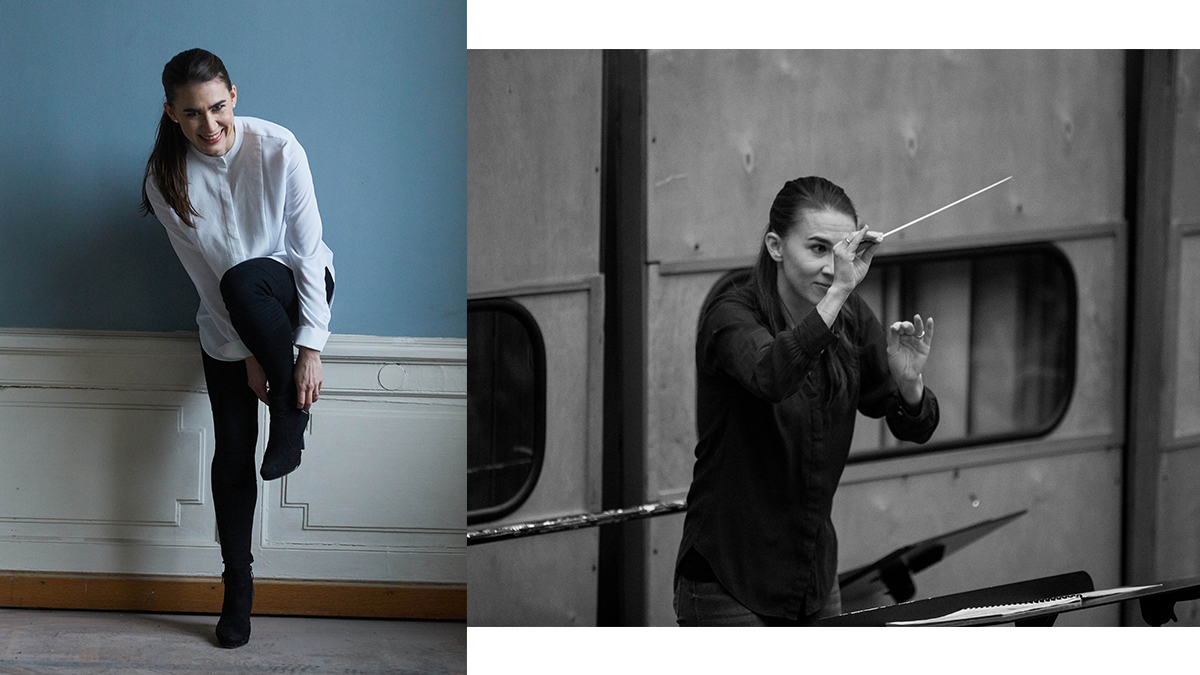
I started learning music at an early age and the system of education that I went through was very competitive and demanding. I didn’t really enjoy practicing, I just couldn’t stand sitting at the piano and doing my scales. I remember missing out on things that other children enjoyed, like school trips or going shopping with my friends.
I actually took a break for a while. I wanted to pursue sport and spend more time being a kid, but music called me back. I changed instruments and that revitalized me at first, but eventually I found conducting — and everything clicked. Conducting is all about expressing musical ideas through movement and gestures. It was natural to me.
As a conductor, I’m not tethered to one role. I can work with an orchestra, an opera, or a choir, whereas If I had specialized in an instrument, I’d be limited to that one instrument. I have the full repertoire.
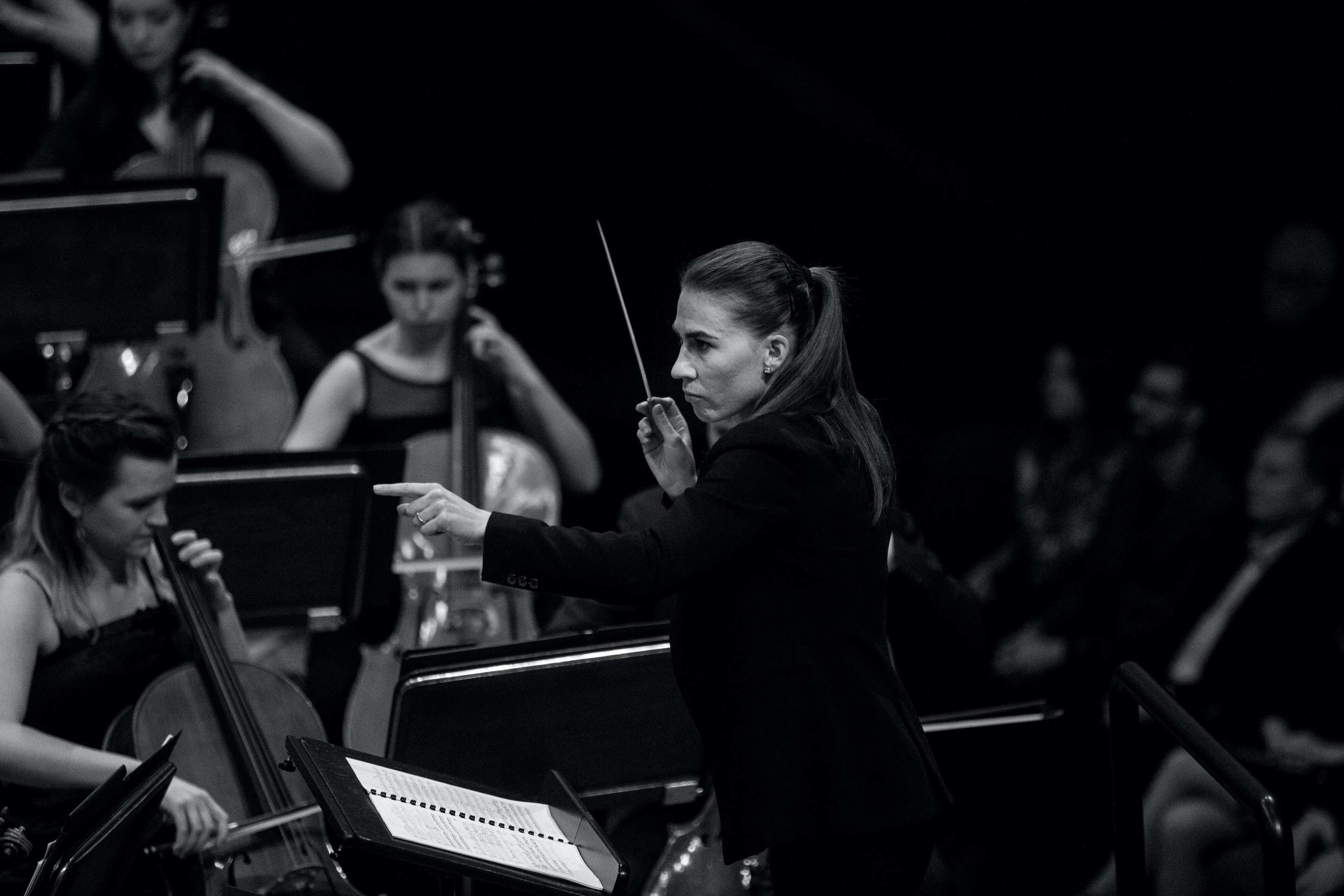
A lot of my work is put in well before I meet the musicians. I analyze the score meticulously so that I can help the musicians find their role in the bigger picture of the piece. The conductor is the only person who sees everybody’s music, and is responsible for interpreting the piece.
Managing people is a big part of the job — we’re all musicians with egos, which have to be handled. That’s the biggest challenge, knowing how to deal with different characters. There needs to be a good working atmosphere. There’s a risk that I walk into the room, talk to the orchestra about the performance, and they don’t respond to the way I speak or refer to music. My job is to make it easy and simple, so that they love the work.
I’m very lucky to live in Vienna. For a long time, it was the capital of music, and you can feel that history in the streets. I’m studying an opera by Alexander Zemlinsky, and once this lockdown is over I’m going to study in the cafe he used to visit. The musical tradition here goes back generations, and often I’m working with people whose relatives knew the original composers. The music is in their blood, and I cherish the opportunity to be part of that.
| Wise is proud to help Marta pursue her career by helping with her international finances. We're there to help you manage your money across borders more cheaply and easily too. Join our 7 million customers at wise.com, or through our Android or iOS app. |
|---|
As told to Chris Hockman, exclusively for Wise. Photography by Bartek Barczyk.
*Please see terms of use and product availability for your region or visit Wise fees and pricing for the most up to date pricing and fee information.
This publication is provided for general information purposes and does not constitute legal, tax or other professional advice from Wise Payments Limited or its subsidiaries and its affiliates, and it is not intended as a substitute for obtaining advice from a financial advisor or any other professional.
We make no representations, warranties or guarantees, whether expressed or implied, that the content in the publication is accurate, complete or up to date.

Is it good for us to aggressively Google what it would cost to live in a luxury mansion in Beverly Hills? Probably not, but we’re going to do it anyway.

Living abroad comes with its own challenges but in that, its rewards and opportunities — whether they are professional, personal, or financial. We spoke to...

After working in Japan and the United States, Creative Director Ben Sheppee returned to London to open a studio and develop his business. His innovative work...
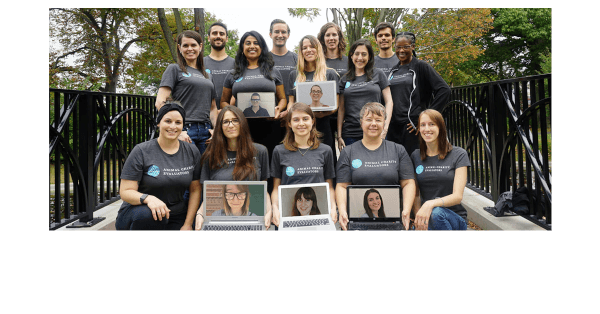
Seven years into her career as an engineer, Gina Stuessy decided she wanted to have more of an impact on the world. So she took the plunge, quit her job, and...

After spending almost a decade working in fashion and the movie industry in Los Angeles, Dominique V. Richardson sought a change. He packed up his bags and...
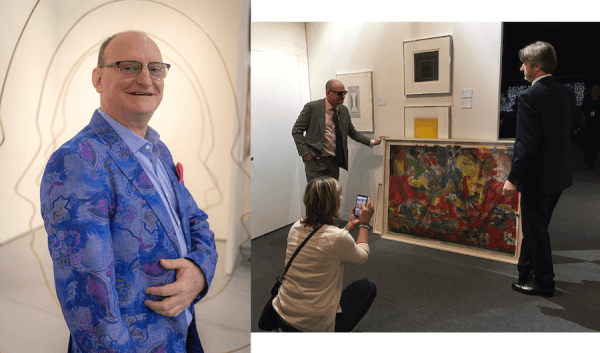
Building an art collection is an art in itself, one that Chelsea Art Group founder Don Christiansen has forged into a globe-spanning career. He explains how...